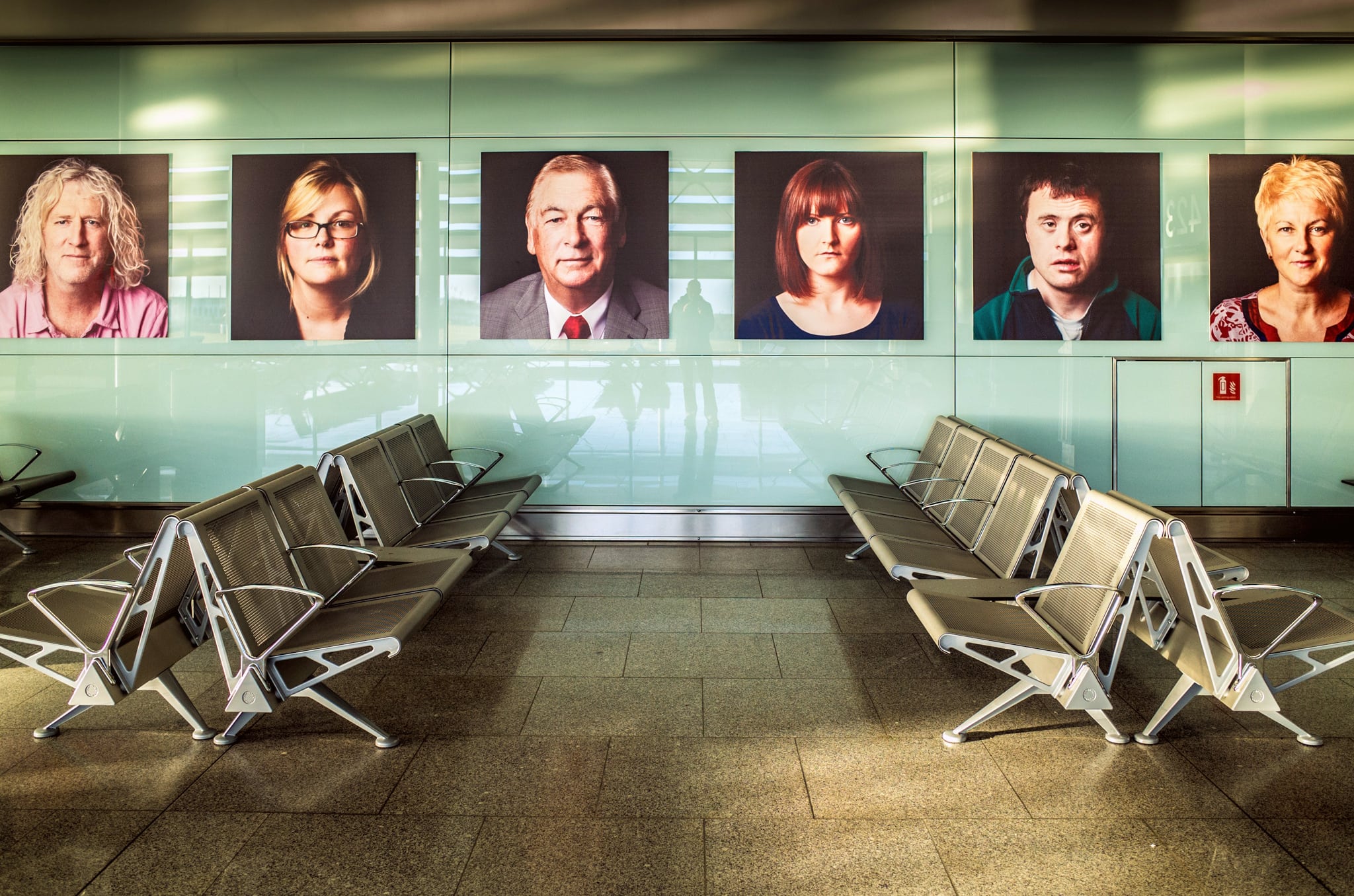Skift Take
Technology may not address all our air travel needs, but improvements which take the hassle out of getting there and back, with our luggage in tact, are surely welcome.
A survey conducted by aviation IT specialists at SITA has found that passengers in the Americas are the unhappiest flyers globally, with 28% expressing dissatisfaction with their air travel experience.
The happiest passengers in the world are in the Middle East, with only 16% of those passengers dissatisfied.
European passengers are nearly as satisfied as Middle Eastern passengers, with dissatisfaction rates at a low 18%.
Americans are not alone in this worrying statistic. Industry experts project Asia will supplant the Americas as the world’s largest air travel market by the 2030s, and 23% of Asian Passengers expressed dissatisfaction with their travel experience.
Passengers around the world were unhappiest with baggage retrieval: 27% would like to see significant improvement and 48% would like to see at least some improvement.
Despite concerns over shrinking cabins, the inflight experience is the last priority for airline passengers, globally. Only 20% of all passengers surveyed felt there were significant improvements for airlines to make in this area, though half said they would like to see some improvement.
Other top priorities for air travellers include better security border control (25%), easier flight transfers and connections (24%), better check-in and baggage drop-off (23%), better price searches and fare comparisons (23%), and help organizing travel at the destination (20%).
Passengers surveyed prioritized three key areas for improvement to their travel experience: 54% want to see better fare comparisons when they book, 52% want to receive better real-time flight information, and 52% want In-Flight Wi-Fi.
SITA points to a need for better travel technology to address passenger dissatisfaction, including improved on-line bookings, mobile applications and self-service kiosks. According to the SITA survey, 53% of passengers find that website bookings improve their travel experience, 43% of passengers find using mobile apps enhance their travels, and 40% of passengers say that self-service kiosks address their travel needs.
Speaking from the European Aviation ICT Forum 2014 in Amsterdam, Dave Bakker, SITA President, Europe, said: “While passengers have already begun embracing mobile apps, self-service check-in kiosks and web technology, we expect to see continued growth in these areas in the years ahead.”
The SITA survey also found that, globally, 97% of us are traveling with gadgets. Multiple-device use is on the rise, with 18% of global passengers traveling with three devices: smartphones, tablets and laptops. By device, the trends break down as 81% traveling with smartphones, 43% relying on laptops, and 43% carrying tablets. Of smartphone owners, 76% say they use airline apps.
The SITA data also shows a growing market for Bring Your Own Device (BYOD) IFE, with 56% of passengers who travel with mobile devices saying they would use their mobile devices for entertainment, 54% for in-flight communications, and 45% for duty free shopping.
So what will it take to make unhappy passengers in America and abroad happy again?
According to the SITA survey, 55% of passengers expect improvements to the booking process, 57% expect personalized rearrangement options for travel disruptions, 45% expect improvements to self-service at kiosks and 45% expect self-service improvements on mobile platforms.
The biggest surprise comes in the area of communications between airlines and passengers, where 53% expect to see better smartphone app notifications, 51% expect better email notification, 53% expect a call to their mobiles, and only 29% want to be notified of travel disruptions via Social Media.
As a guide to the Big Data revolution, seven out of ten of us are willing to let go of our privacy in exchange for better travels, the survey says. Only 29% of consumers surveyed said they were comfortable sharing personal data for commercial purposes, but 40% said they have no issue with data gathering when it is used for travel services, even with the monitoring of passenger flow.
The Daily Newsletter
Our daily coverage of the global travel industry. Written by editors and analysts from across Skift’s brands.
Have a confidential tip for Skift? Get in touch
Tags: in-flight, mobile apps, online bookings
